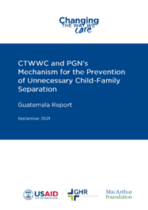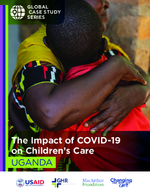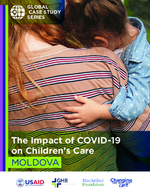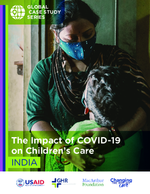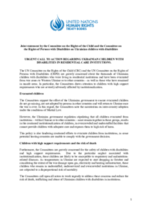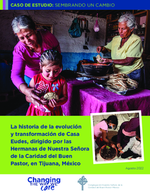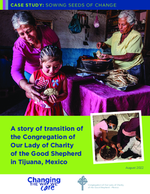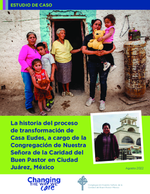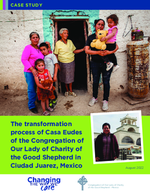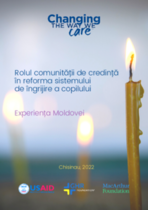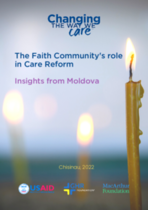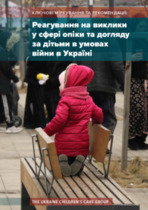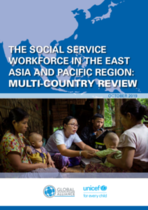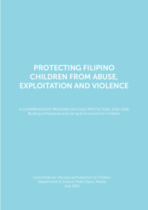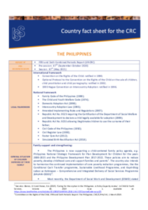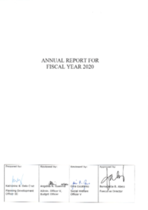Cierre de casos de niños, niñas y adolescentes reintegrados a un entorno familiar y comunitario en área de demostración
El documento “Cierre de casos de niños, niñas y adolescentes reintegrados a un entorno familiar y comunitario en área de demostración” es un documento dirigido a profesionales de trabajo social, psicología y pedagogía que trabajan directamente en la atención a NNA que están en proceso de reintegración a un entorno familiar y comunitario, el documento contempla el proceso realizado para el cierre de casos abordado desde una metodología de gestión de casos, dentro del documento también se narra la experiencia que se tuvo en Zacapa, Guatemala y se reflexiona sobre la importancia de la reintegración a través de un proceso planificado de gestión de casos y de acompañamiento cercano a las familias y cuidadores.


